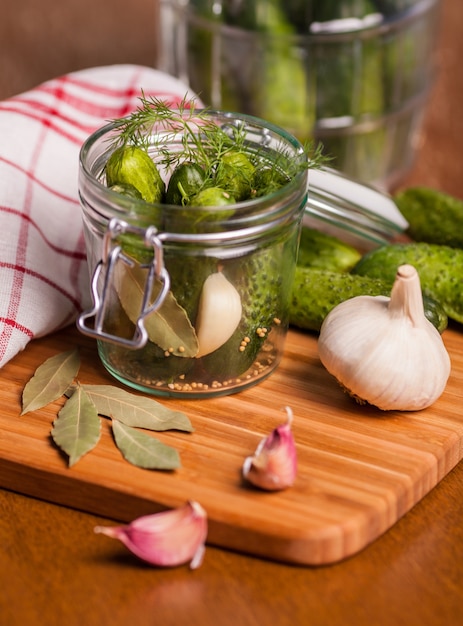
Fermented foods are becoming increasingly popular, but can consuming items like sauerkraut, kimchi, and kefir actually improve your health? Here’s a look into the potential benefits.
Thirteen years ago, Donna Schwenk was 41 and expecting her third child when she developed preeclampsia, causing her liver to shut down. Her daughter, Holli, was delivered by C-section nearly seven and a half weeks early, weighing just four pounds. Donna herself faced diabetes, high blood pressure, and severe fatigue, struggling to even care for her newborn.
Desperate for answers to improve her health, Schwenk stumbled upon a book at a health food store about the benefits of kefir, a fermented milk drink rich in beneficial bacteria. Encouraged by a shop assistant, she gave it a try, adding two teaspoons of kefir to Holli’s bottles. Within a month, Holli gained four pounds, and Schwenk’s blood sugar and pressure normalized in 12 weeks.
Inspired by her and her baby’s transformations, Schwenk wrote “Cultured Food for Life,” highlighting how fermented foods can impact gut health, digestion, immunity, metabolism, and even mood. Modern research supports these claims, revealing the broad benefits of fermented foods.
Schwenk’s journey is featured in a PBS Special, “Health Breakthroughs,” which explores the health impacts of fermented foods like kefir, yoghurt, and sauerkraut. The trend is growing, with The New York Times highlighting fermented foods as a future food trend.
Numerous experts advocate for fermented foods. Michael Pollan, in his book “The Art of Fermentation,” shares his enthusiasm for home fermentation. Nutritionist Kimberly Snyder advises her clients, including celebrities, to include fermented vegetables daily, emphasizing their role in balancing good bacteria and improving overall health.
Clinical nutritionist Kathie Swift, in her book “The Swift Diet,” stresses the importance of gut health as central to overall well-being. Imbalances in gut bacteria can lead to various health issues, but reintroducing beneficial bacteria through fermented foods can alleviate symptoms.
Recent studies endorse the profound effects of gut bacteria on health. For example, transferring gut bacteria from lean to obese mice led to weight loss in the latter. The gut is crucial not only for digestion but also for immune function and mood regulation, producing essential chemicals like serotonin.
The Journal of Physiology and Anthropology published a paper linking fermented foods to positive mental health. Experiments have shown that altering gut bacteria can even modify behavior and reduce anxiety in mice.
Our diet heavily influences the gut’s bacterial balance. High sugar and caffeine intake, stress, and certain medications can disrupt this balance, leading to health problems. Addressing these imbalances with fermented foods can often alleviate symptoms ranging from food intolerances to chronic fatigue.
However, not all probiotic products are equal. Many commercial drinks claiming to contain beneficial bacteria are high in sugar and don’t provide the lasting benefits of a diverse diet of fermented foods. Real fermented foods offer a variety of bacterial strains essential for good health.
Kefir, sauerkraut, and kombucha each provide different beneficial bacteria. While probiotic supplements can help, fermented foods offer a broader range of bacteria and are often more effective.
Fermentation is a time-honored method of food preservation and enhancement, making nutrients more accessible and aiding digestion, as showcased in traditional diets worldwide. For example, Japan’s high life expectancy is partly attributed to their rich consumption of fermented foods.
However, moderation is key. Introducing fermented foods gradually to your diet can prevent initial digestive discomfort. Start with small amounts and a variety of types to ensure a healthy balance of gut bacteria.
Fermented foods can offer significant health benefits, but they should be part of a balanced diet including prebiotic foods like onions and garlic that support good bacteria growth. While making your own fermented foods is easy and rewarding, many high-quality options are available in stores.
Incorporating items like kefir, miso, sauerkraut, coconut yogurt, and kombucha into your diet can contribute to better gut health and overall well-being.